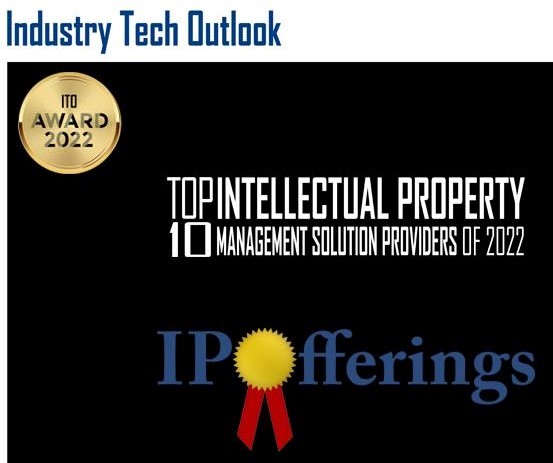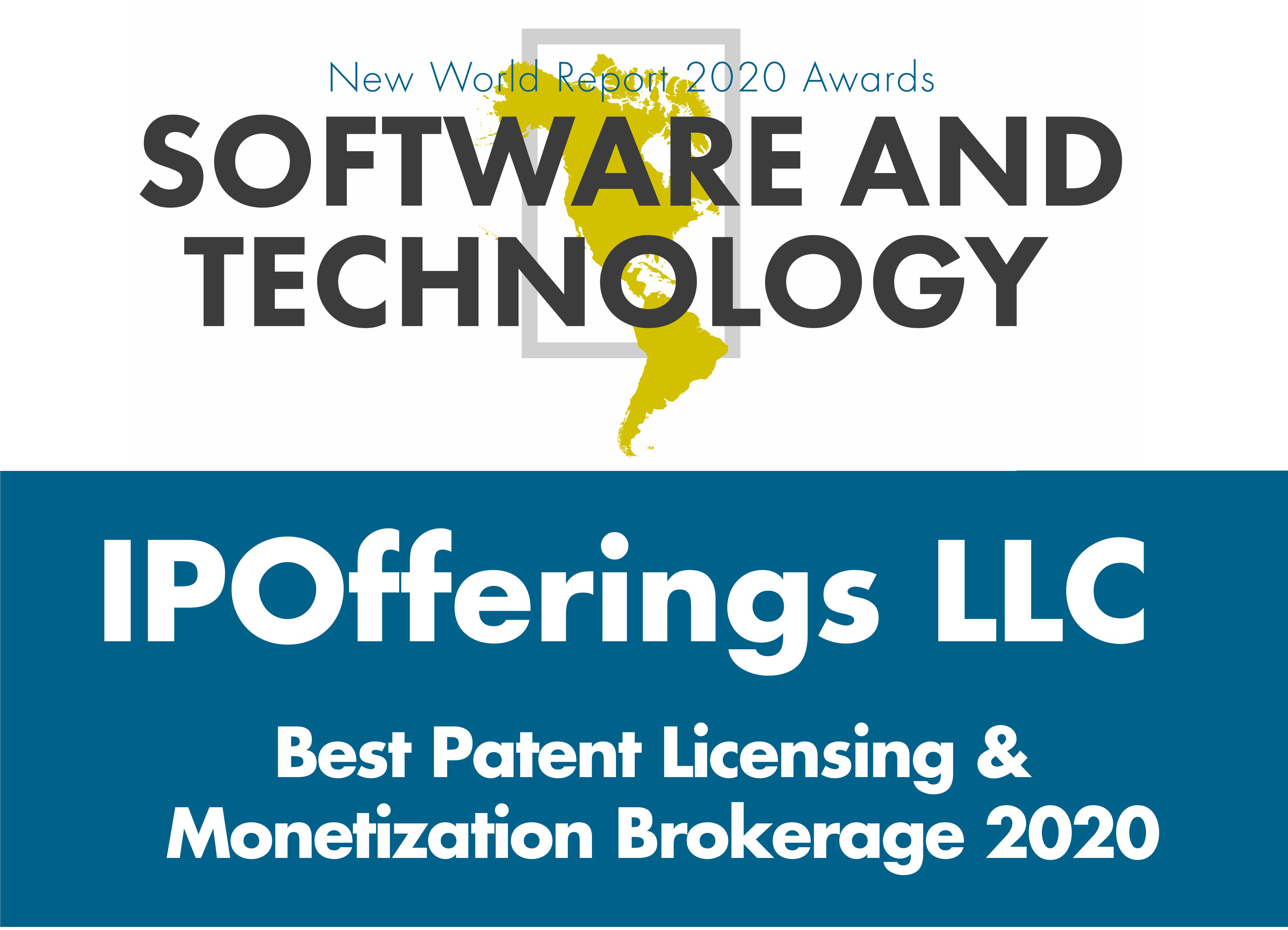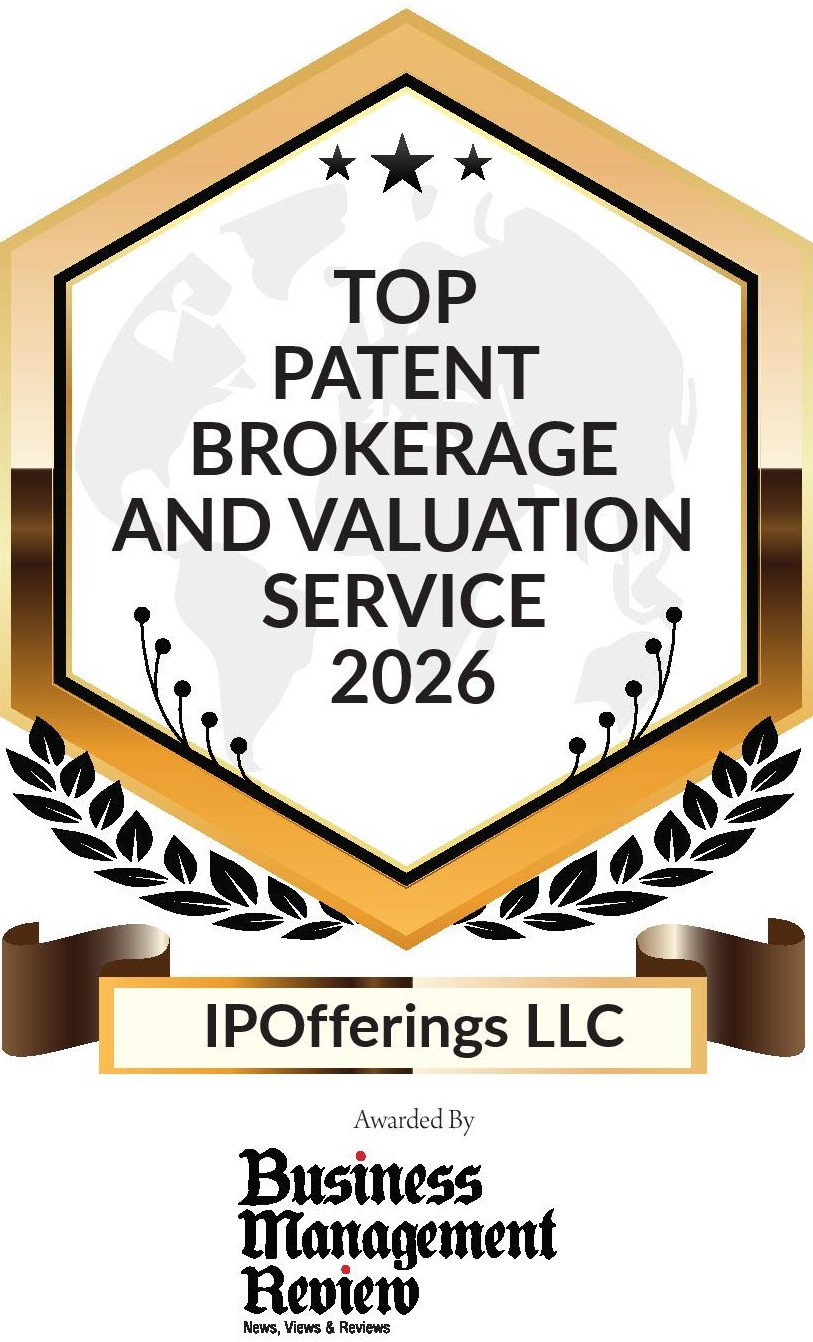| Q: |
How is IPOfferings different from other patent brokers?
|
|
| A: |
IPOfferings is the ONLY patent brokerage firm that designs, develops and executes a comprehensive marketing campaign for each patent or portfolio we represent. All of the other patent brokers simply make cold calls. They call or e-mail a list of companies they have, and they keep making calls until they run out of prospects. Cold calling is time-consuming, inefficient and incredibly low-tech. Incredible as it seems, ALL of the other brokers essentially do what Willy Loman did in Death of a Salesman: They gas up the Studebaker and make cold calls! ONLY IPOfferings promotes the patents we represent in our monthly e-letter that goes to 9,000-plus corporate and IP executives. ONLY IPOfferings features the patents we represent at a website that gets hundreds of visitors a day. ONLY IPOfferings generates press coverage for the patents we represent in the trade press for that industry, exposing those patents to tens of thousands industry executives. ONLY IPOfferings publishes the Patent Value Quotient™, the guide used by corporate America to establish patent values. ONLY IPOfferings has a list of buyers looking for patents in specific technologies. An IPOfferings’ comprehensive marketing campaign is often able to generate inquiries that turn into prospects that develop into buyers or licensees without ever making a single cold call! That’s effective, state-of-the-art marketing at work! If our comprehensive marketing program – which costs you nothing – does not generate sufficient inquiries, we then start contacting prospects about the patents and portfolios we represent. But unlike the other brokers, IPOfferings has a high profile and a stellar reputation that enables us to talk to buyers that the other brokers never get in front of! |
| Q: |
What will a patent broker cost?
|
|
| A: |
IPOfferings represents most patent sellers on a contingency basis. That means we are paid a commission on the revenue we generate for you, our client and the patent owner. For companies wishing to acquire patents and other IP, we charge a campaign fee and earn a success fee based on the results we produce for our client. |
| Q: |
What is the value of my patent?
|
| A: |
The value of a patent is determined by the Law of Supply and Demand. If no one wants your patent, it is essentially of no value. However, for the organization that wants it – maybe even needs it – it could be worth millions of dollars. If a patent is licensed, the total revenue generated by that patent is dependent on the sales of the product or service that uses the patent. At no cost or obligation on your part, IPOfferings will look at your patent or patent portfolio and give you our expert opinion as to whether there are any prospective buyers or licensees. If we believe your IP has prospective buyers, we will present it to as many prospective buyers as possible. Ultimately it will be the marketplace that will determine its value. |
| Q: |
Should I sell or license my patent? |
| A: |
Yes! By that we mean that you should consider and weigh both options. Because of our expertise and experience buying, selling and licensing patents and other forms of IP, we can help you assess the best strategy for your organization, then help you implement a plan that will produce an optimal return on your IP assets. Your goal should be optimizing your patent’s value, and that is an area in which we can provide valuable expertise. For one patent, selling it might make sense, while for another patent, licensing might be far more profitable. |
| Q: |
What good is my U.S. Patent outside of the U.S.? |
| A: |
A U.S. patent is only valid and can only be enforced in the U.S. If a foreign company is infringing your patent, and you are practicing the patent, you may be able to prohibit that company from importing the product into the U.S. and offering it for sale. Or you can demand that the U.S. affiliate of the company pay a royalty for the units it sells in the U.S. However, if a foreign company is infringing your patent by producing a product outside of the U.S., and is selling the product outside of the U.S., there is nothing you can do about it. |
| Q: |
Can I sell or license a patent that is being infringed? |
| A: |
You can. In fact, it is not uncommon for the owner of a U.S. patent to discover it is being infringed, setting in motion two parallel efforts: A patent enforcement campaign against the infringers with the goal of recovering damages for past infringement of the patent and a license for future use of the patent, and a second campaign to license the patent to companies that could benefit from it. The prospective licensees are often the direct competitors of the infringer(s). |
| Q: |
If we do manage to license our patent, how are the royalties normally paid? |
| A: |
Royalties can be paid monthly, quarterly or annually, but quarterly is the most common. And royalties can be based on unit or dollar sales. Another option that some licensees elect to use is to project the unit or dollar sales of the product or service that uses the patent over the life of the patent, and then pay a single lump sum fee for the license. The most common arrangement is an upfront payment for past sales, if any, and ongoing royalties for the life of the patent for as long as the licensed product or service continues to be sold. |
| Q: |
Can we license a trade secret? |
| A: |
Absolutely. However, you must make sure that your licensee does not inadvertently reveal your trade secret to others. We can provide expertise in this area and help you put the necessary safeguards in place that will insure that your licensee takes the same precautions that you do to guard your trade secret. |
| Q: |
I have questions that are not listed here. |
| A: |
Submit your patent or IP-related questions to [email protected] or call us at 845-337-6911. |




